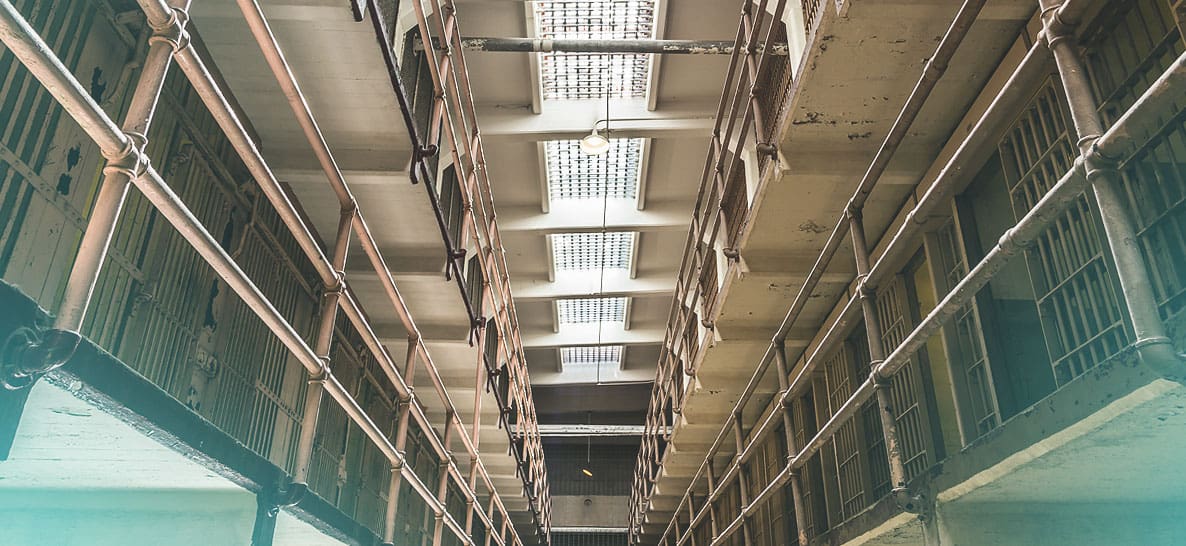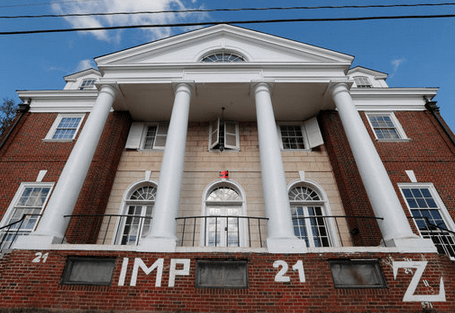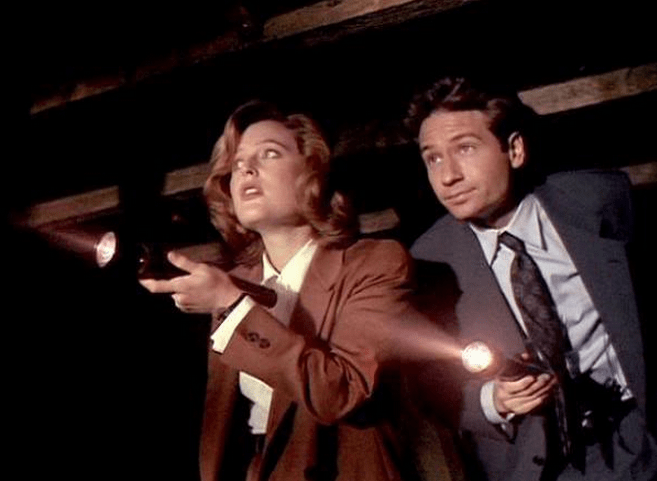
Last year, 125 people were exonerated after being found innocent of crimes they were once convicted of committing. It’s the highest number for exonerations in a single year ever recorded, since 1989 when our current records begin. Thanks to the National Registry of Exonerations, that number—and real data about the number of people wrongly convicted in America—is causing new conversations about what can be done to fix the criminal justice system.
We recently spoke to Maurice Possley, who, in addition to being an author and a Pulitzer Prize-winning investigative journalist, works at the National Registry of Exonerations. Possley explained why so many innocent people plead guilty to crimes they didn’t commit, why so many innocent people are in prison and how Innocence Projects can change lives.
Why are exoneration rates so high, and why do so many innocent people plead guilty to crimes they didn’t commit?
For a couple of years, they had a situation where people would get arrested, accused of holding drugs of one form or another. People would be offered, basically, “Here’s the deal of the day: Plead guilty and get six months … three months … 30 days.” [For] people with previous records, you can ratchet it up if you get multiple convictions, sort of like the three strikes law in California where you could suddenly get life. They’d get offered these deals, and they’d plead guilty.
The labs were testing the dope, and they were coming back negative, “No controlled substance found,” or they would plead guilty to more than 4 grams, and they would come back, and it would only be a gram.
So they are allowed to withdraw their pleads, because they are essentially pleading guilty to a crime they did not commit. We had a bunch of those. But even without those, we still would have been over close to a 100 [exonerations in a single year], and previously I think the record for the most was 91. Now I have to caution people about this because, no one has ever done this before, try to track these things.
The name the National Registry of Exonerations came about because Sam Gross, a law professor at Michigan, who was the co-founder of this project, has written a lot about this academically over the years—the phenomenon of wrongful convictions and exonerations. In 2003 he published what was at that point considered the most in-depth look. And he said, “Unfortunately, there is no National Registry of Exonerations where you can just go look these things up. Nobody collects them.” So that was sort of how the idea was born.
Is there any sort of recourse for a prosecutor or law enforcement official who knowingly tries to get someone convicted of a crime that they didn’t commit?
There’s a bunch of things that can happen. Most of them don’t. From my perspective, I don’t think prosecutors, go into court and say, “Today I’m going try to convict someone who is innocent.”
I think that they come to believe that people are guilty, and they put on blinders.
Most prosecutors get the cases from police and they say, ”Here’s the guy. We got the person. This is the crime.”
Twenty-five percent of the 1,500-plus cases in the registry were not crimes: There was no crime committed. Either someone falsely accused someone of a crime they never committed, or it was an accident—something was called an arson when in fact was an accidental fire.
So they come into court, and they’re convinced that this person did this deed, this terrible thing. Prosecutors have immunity, absolute immunity from anything they do as a prosecutor. If they begin to act as an investigator, they have only qualified immunity, limited immunity. But essentially you can’t sue a prosecutor and win.
Police, you can sue. So you see large judgments against municipalities, because of the actions of police. The Central Park 5 jogger case, settled for about $40 million that was divided five ways because of the five defendants. Some states have compensation for people, but in terms of punishing intentional misconduct, it rarely happens.
It seems like there is some systemic issue if this is such a common thing. What could be done on a high level that could potentially prevent people from being wrongfully convicted?
There have been reforms that have been proposed. Some have been implemented in a number of ways to reduce the chances of an innocent person being wrongfully convicted.
Certainly now you can do DNA testing before a trial. There are any number of cases where people have been arrested and then later the charges are dismissed because the DNA test shows that that was not them.
Reforms in eyewitness identification procedures—that used to be considered really rock solid, and what we now know is that it’s not. People’s memories are suspect and the whole identification process can be manipulated by police. People can be coerced. People can be subject to very suggestive [methods], where they don’t even realize that they’re being influenced.
Efforts to provide more money to the defense bar—by that I mean public defenders—for things like testing experts. A lot of people think that there should be much more discipline of prosecutors, because there’s virtually none that goes on. There’s more lobbying to take away their immunity. Some people would say that, “The immunity is for the unethical prosecutor. The ethical prosecutors don’t need it.”
“Jailhouse snitches” are a real problem. These are people who come in and say, “Well the person confessed to me.” They’re looking to get a break on their own case, and highly suspect.
One of the things that we see is, more and more prosecutors’ offices are setting up what we generally call “Conviction Integrity Units.” These are people who are dedicated to examining cases where people say, “I’m innocent. You’ve got the wrong person here.”
More and more people are taking serious looks at cases and exonerating people.
Is there an easy organized way for them to become involved in this issue?
In death penalty states there’s usually an abolition group that’s easy to find. There’s something called The Innocence Network, this is the umbrella group of all the Innocence Projects in the country. Not all states have them; most states do. You can find out who is the closest Innocence Project to you and reach out to them and say, “Is there some way I can help, even if it is financial.” We do research only, so it’s tough to get research dollars to do research. We view what we do as valuable, because it contributes to policy-makers’ decision-making and how people are going to introduce changes based on data that say, this is required and necessary.
The actual work of exonerating people who are sitting in prison is time-consuming and not cheap, and there’s not enough people who do it.
A lot of law schools are looking for people who would be willing to volunteer to do some research, that if they have little innocence clinics, a lot of them are for their law students. Clearly there’s always a need for financial support.
I really think that the Registry can start to take a place in important policy-making and changing the system for the better. The more cases we find, the more powerful a statement you can make.






















